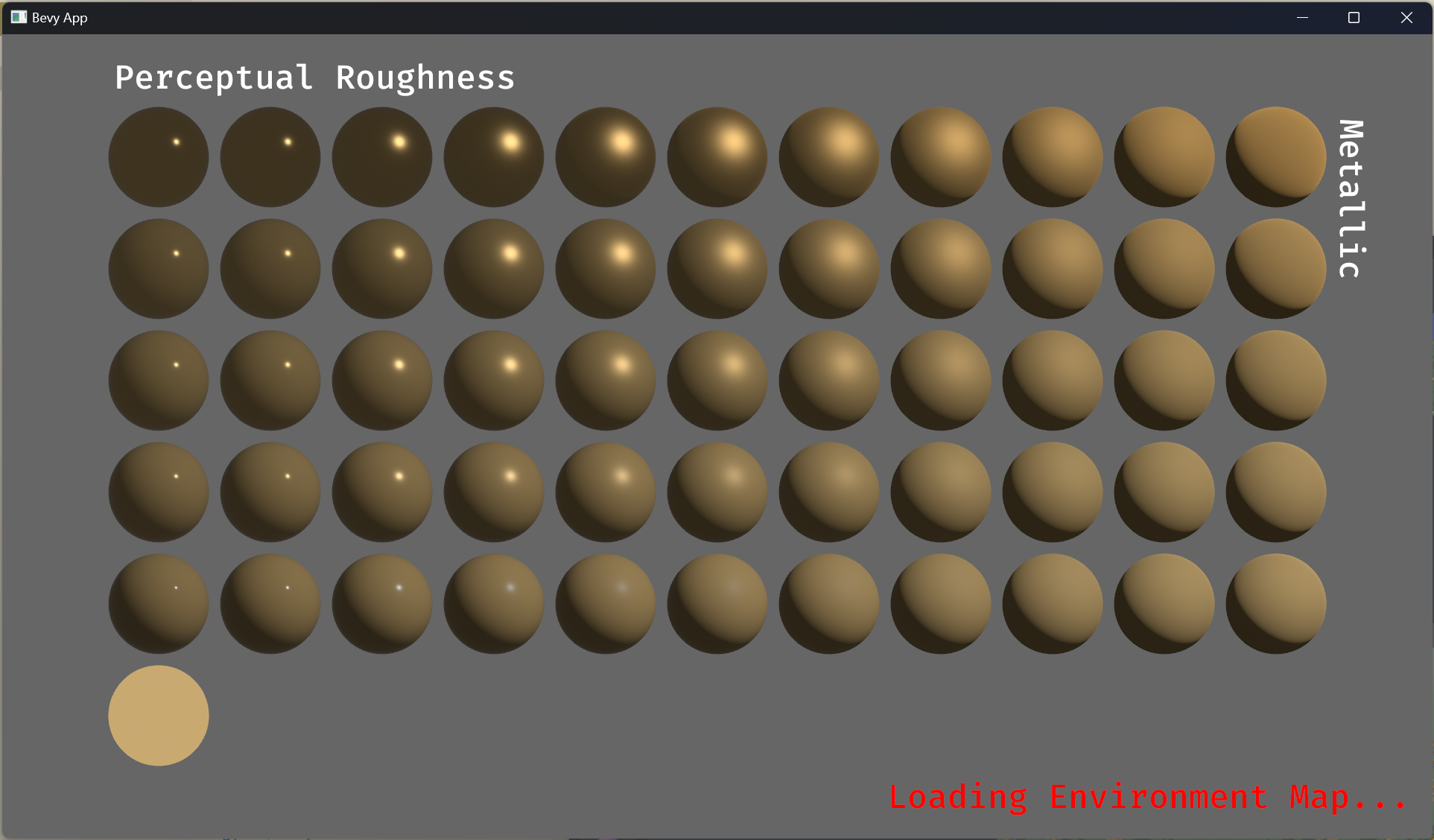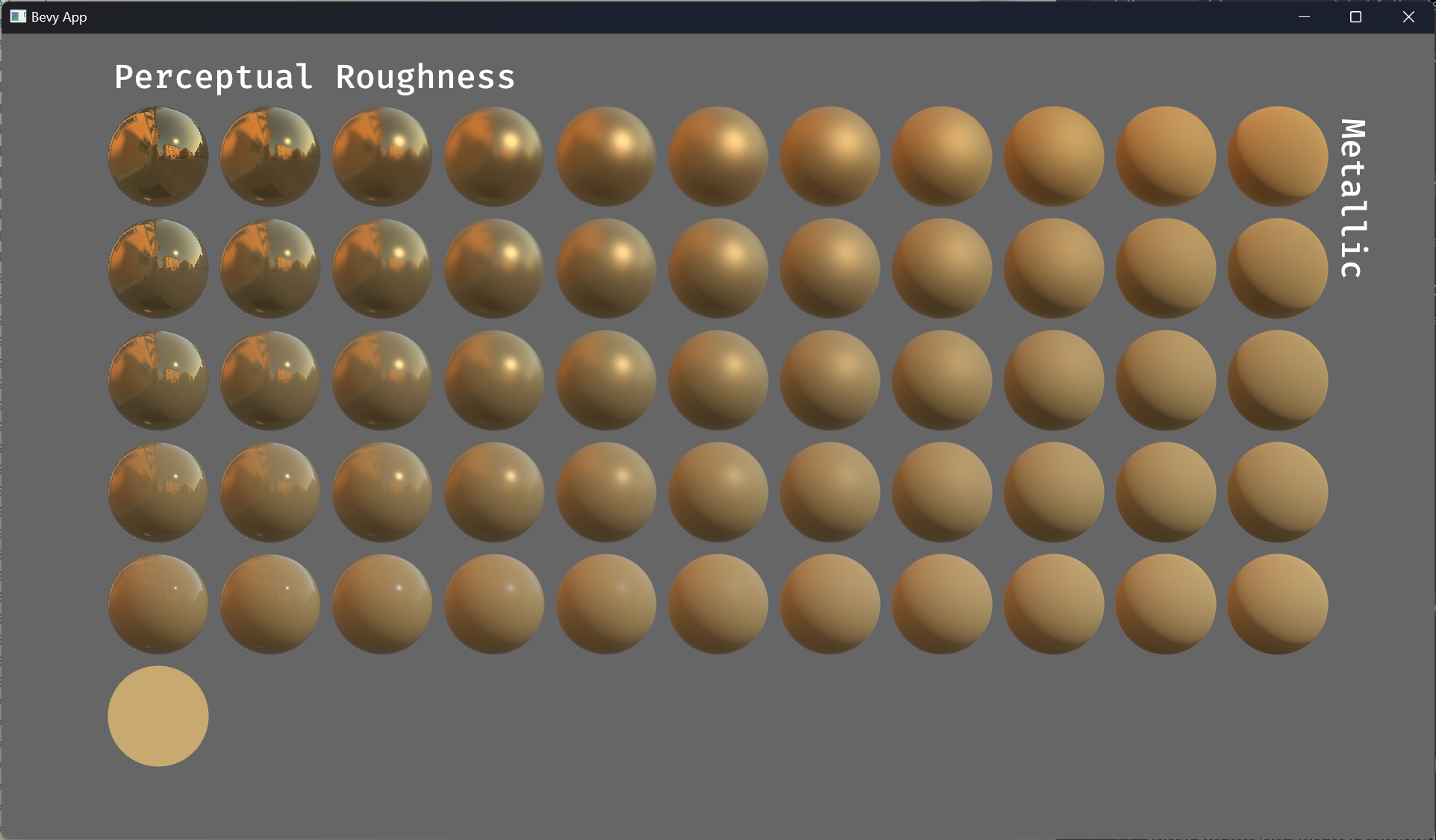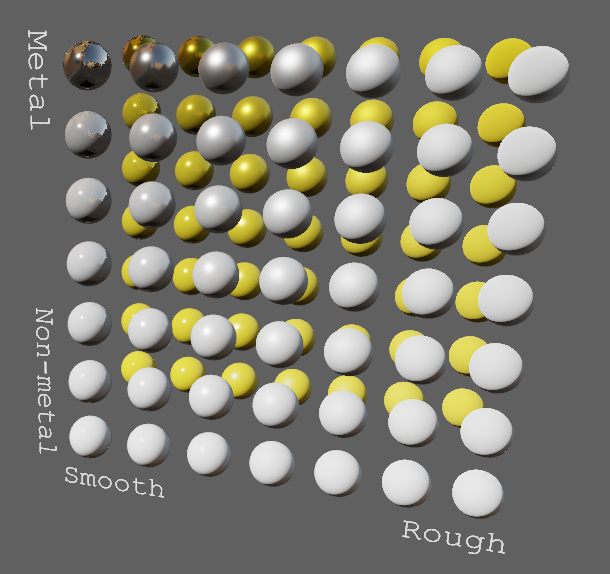# Objective
operate on naga IR directly to improve handling of shader modules.
- give codespan reporting into imported modules
- allow glsl to be used from wgsl and vice-versa
the ultimate objective is to make it possible to
- provide user hooks for core shader functions (to modify light
behaviour within the standard pbr pipeline, for example)
- make automatic binding slot allocation possible
but ... since this is already big, adds some value and (i think) is at
feature parity with the existing code, i wanted to push this now.
## Solution
i made a crate called naga_oil (https://github.com/robtfm/naga_oil -
unpublished for now, could be part of bevy) which manages modules by
- building each module independantly to naga IR
- creating "header" files for each supported language, which are used to
build dependent modules/shaders
- make final shaders by combining the shader IR with the IR for imported
modules
then integrated this into bevy, replacing some of the existing shader
processing stuff. also reworked examples to reflect this.
## Migration Guide
shaders that don't use `#import` directives should work without changes.
the most notable user-facing difference is that imported
functions/variables/etc need to be qualified at point of use, and
there's no "leakage" of visible stuff into your shader scope from the
imports of your imports, so if you used things imported by your imports,
you now need to import them directly and qualify them.
the current strategy of including/'spreading' `mesh_vertex_output`
directly into a struct doesn't work any more, so these need to be
modified as per the examples (e.g. color_material.wgsl, or many others).
mesh data is assumed to be in bindgroup 2 by default, if mesh data is
bound into bindgroup 1 instead then the shader def `MESH_BINDGROUP_1`
needs to be added to the pipeline shader_defs.
# Objective
- Better consistency with `add_systems`.
- Deprecating `add_plugin` in favor of a more powerful `add_plugins`.
- Allow passing `Plugin` to `add_plugins`.
- Allow passing tuples to `add_plugins`.
## Solution
- `App::add_plugins` now takes an `impl Plugins` parameter.
- `App::add_plugin` is deprecated.
- `Plugins` is a new sealed trait that is only implemented for `Plugin`,
`PluginGroup` and tuples over `Plugins`.
- All examples, benchmarks and tests are changed to use `add_plugins`,
using tuples where appropriate.
---
## Changelog
### Changed
- `App::add_plugins` now accepts all types that implement `Plugins`,
which is implemented for:
- Types that implement `Plugin`.
- Types that implement `PluginGroup`.
- Tuples (up to 16 elements) over types that implement `Plugins`.
- Deprecated `App::add_plugin` in favor of `App::add_plugins`.
## Migration Guide
- Replace `app.add_plugin(plugin)` calls with `app.add_plugins(plugin)`.
---------
Co-authored-by: Carter Anderson <mcanders1@gmail.com>
# Objective
- Closes https://github.com/bevyengine/bevy/issues/8008
## Solution
- Add a skybox plugin that renders a fullscreen triangle, and then
modifies the vertices in a vertex shader to enforce that it renders as a
skybox background.
- Skybox is run at the end of MainOpaquePass3dNode.
- In the future, it would be nice to get something like bevy_atmosphere
built-in, and have a default skybox+environment map light.
---
## Changelog
- Added `Skybox`.
- `EnvironmentMapLight` now renders in the correct orientation.
## Migration Guide
- Flip `EnvironmentMapLight` maps if needed to match how they previously
rendered (which was backwards).
---------
Co-authored-by: Robert Swain <robert.swain@gmail.com>
Co-authored-by: robtfm <50659922+robtfm@users.noreply.github.com>
# Objective
- Fix the environment map shader not working under webgl due to textureNumLevels() not being supported
- Fixes https://github.com/bevyengine/bevy/issues/7722
## Solution
- Instead of using textureNumLevels(), put an extra field in the GpuLights uniform to store the mip count
(Before)

(After)


# Objective
- Improve lighting; especially reflections.
- Closes https://github.com/bevyengine/bevy/issues/4581.
## Solution
- Implement environment maps, providing better ambient light.
- Add microfacet multibounce approximation for specular highlights from Filament.
- Occlusion is no longer incorrectly applied to direct lighting. It now only applies to diffuse indirect light. Unsure if it's also supposed to apply to specular indirect light - the glTF specification just says "indirect light". In the case of ambient occlusion, for instance, that's usually only calculated as diffuse though. For now, I'm choosing to apply this just to indirect diffuse light, and not specular.
- Modified the PBR example to use an environment map, and have labels.
- Added `FallbackImageCubemap`.
## Implementation
- IBL technique references can be found in environment_map.wgsl.
- It's more accurate to use a LUT for the scale/bias. Filament has a good reference on generating this LUT. For now, I just used an analytic approximation.
- For now, environment maps must first be prefiltered outside of bevy using a 3rd party tool. See the `EnvironmentMap` documentation.
- Eventually, we should have our own prefiltering code, so that we can have dynamically changing environment maps, as well as let users drop in an HDR image and use asset preprocessing to create the needed textures using only bevy.
---
## Changelog
- Added an `EnvironmentMapLight` camera component that adds additional ambient light to a scene.
- StandardMaterials will now appear brighter and more saturated at high roughness, due to internal material changes. This is more physically correct.
- Fixed StandardMaterial occlusion being incorrectly applied to direct lighting.
- Added `FallbackImageCubemap`.
Co-authored-by: IceSentry <c.giguere42@gmail.com>
Co-authored-by: James Liu <contact@jamessliu.com>
Co-authored-by: Rob Parrett <robparrett@gmail.com>